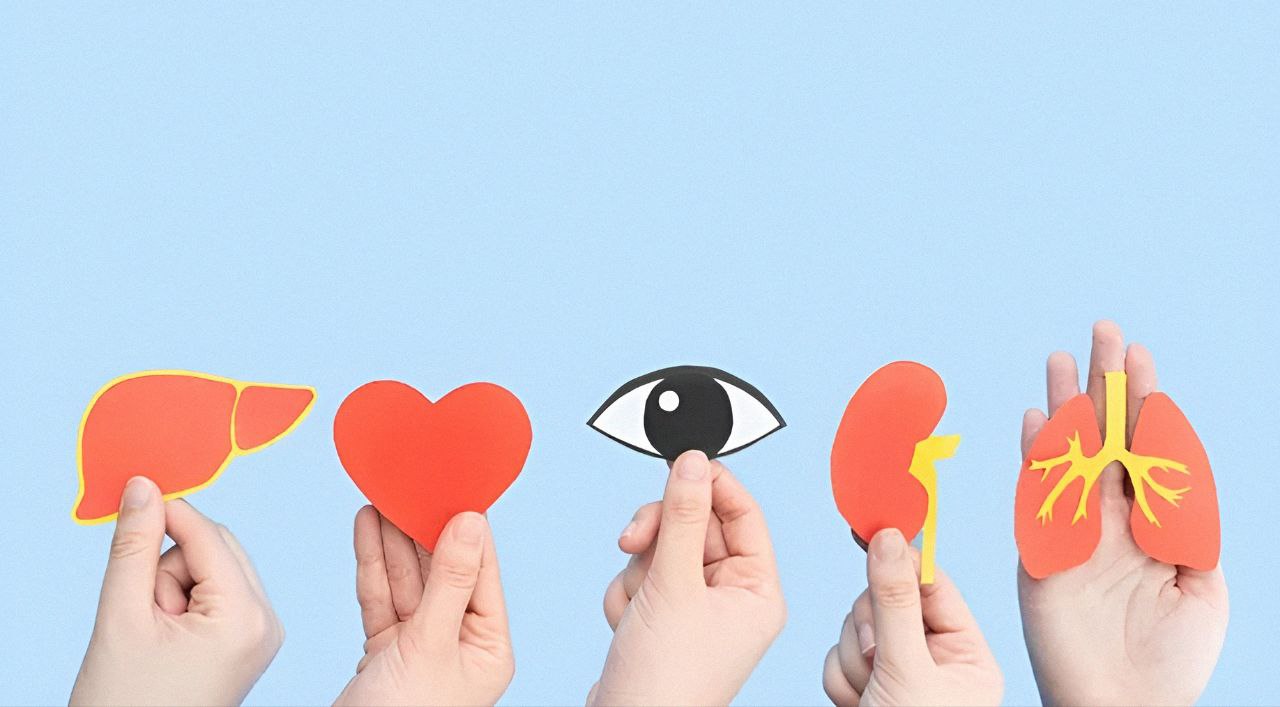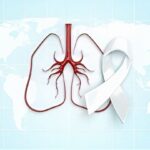
Introduction
Every year, thousands of individuals from diverse racial and ethnic backgrounds await life-saving organ transplants, yet the shortage of available organs from minority donors hinders their access to this crucial medical treatment. In an effort to raise awareness about this critical health disparity, August 1st is recognized as National Minority Donor Awareness Day, a day to educate and inspire individuals from minority communities to register as organ, eye, and tissue donors. This blog post will delve into the significance of this day, highlighting the importance of minority donor registration and the impact it can have on saving lives and promoting health equity.
What is National Minority Donor Awareness Day?
National Minority Donor Awareness Day is observed on August 1st to raise awareness about the need for organ, eye, and tissue donations in multicultural communities. This day honors organ donors and encourages others to register as donors. The observance is crucial because minorities, who make up 54% of those waiting for an organ transplant, are underrepresented on the organ donor registry.
Key disparities in organ donation and transplantation include Minorities are disproportionately represented on the organ transplant waiting list, and they are underrepresented on the organ donor registry.
To address these disparities, National Minority Donor Awareness Day serves as a call to action, urging individuals from diverse backgrounds to register as organ donors and educate themselves and others about the importance of organ donation. By taking these steps, we can help reduce the disparities and give hope to those waiting for a lifesaving transplant.
The importance of National Minority Donor Awareness Day:
1. Disparities in organ transplantation: Minority groups, including African Americans, Hispanics/Latinos, Asians, and Native Americans, are more likely to suffer from diseases that can lead to organ failure, such as diabetes, hypertension, and kidney disease. However, they are less likely to receive organ transplants due to a shortage of available organs from minority donors.
2. Lower rates of organ donation: Minority groups have lower rates of organ donation compared to the general population. This is partly due to cultural and religious beliefs, as well as a lack of awareness about the importance of organ donation.
3. Need for a diverse donor pool: A diverse donor pool is essential to increasing the chances of successful transplants. Organs from minority donors are more likely to match the genetic profile of minority recipients, reducing the risk of rejection and improving transplant outcomes.
History of National Minority Donor Awareness Day
The National Minority Organ Tissue Transplant Education Program (MOTTEP) introduced National Minority Donor Awareness Week in 1996 to address the significant gap in organ donation and transplantation within multicultural communities. This initiative led to the creation of National Minority Donor Awareness Day, which highlights the urgent need for organ donors from minority groups.
Individuals from minority communities are more likely to suffer from diseases such as diabetes and high blood pressure, leading to organ failure and the need for transplants. Despite this, there is a persistent shortage of minority donors, exacerbating existing disparities in access to transplants.
National Minority Donor Awareness Day plays a vital role in:
• Educating and outreach to increase awareness and drive donor registrations among minority populations.
• Improving access to life-saving transplants and reducing wait times for minority communities.
The continued observance of this day has been successful in raising awareness about the need for minority donors and boosting the number of minority donors, ultimately leading to more lives saved.
Each year, the day focuses on a different theme, shedding light on various aspects of organ donation and its impact on minority communities.
Ways to Increase Organ Donation in Minority Communities to Save Lives
As we observe National Minority Donor Awareness Day, we’re reminded of the importance of organ donation in saving lives. Unfortunately, minority communities are disproportionately affected by the shortage of available organs. However, by getting involved in organ donation efforts, individuals can help bridge this gap and provide life-saving transplants to those in need.
There are several ways to make a difference:
- Registering to become an organ donor
- Volunteering with local organizations
- Spreading awareness about the importance of organ donation
- Participating in local events, fundraisers, and advocacy campaigns
- Sharing personal stories or those of loved ones impacted by organ donation
Every action counts, and by working together, we can create a future where everyone has equal access to life-saving transplants. The key to increasing organ donation in minority communities lies in individual involvement and collective action.
By taking the first step today, individuals can join the movement to increase organ donation and make a significant difference in the lives of others. The gift of life is waiting, and it starts with individual action and commitment.
Debunking Myths: Common Misconceptions About Organ Donation
Misconceptions about organ donation are a significant barrier to increasing donation rates, leading to hesitation and refusal to consider donation. It’s crucial to separate fact from fiction and dispel common myths.
• Myth: Only individuals in perfect health can donate organs.
Reality: People with certain medical conditions can still be eligible to donate, and medical professionals assess each potential donor’s suitability on a case-by-case basis.
• Myth: Organ donation is a costly and time-consuming process.
Reality: Organ donation is not a financial burden on the donor’s family, and the process is typically handled by the hospital and organ procurement organization.
• Myth: Organ donation is against religious beliefs or interferes with funeral plans.
Reality: Organ donation is widely accepted by all major religions and does not interfere with funeral plans or rituals.
By educating individuals about the realities of organ donation, we can increase the number of registered donors and give more people a chance to receive life-saving transplants.
How to Celebrate National Minority Donor Awareness Day
Here are some ways to celebrate and promote this important day:
1. Share Your Story: Share your personal experience or the story of a loved one who has been affected by organ donation. This can help raise awareness and inspire others to register as donors.
2. Register to Be a Donor: Take a few minutes to register to be an organ, eye, and tissue donor in your state’s donor registry. This can be done online or when renewing your driver’s license.
3. Educate Yourself and Others: Learn about the importance of organ donation in multicultural communities and share your knowledge with others. You can use online resources, such as the National Minority Organ Tissue Transplant Education Program (MOTTEP) or the Organ Procurement and Transplantation Network (OPTN).
4. Use Social Media: Share posts, tweets, and Instagram stories using hashtags like #NMDAD, #DonateLife, and #OrganDonation to raise awareness about the need for minority donors.
5. Host an Event: Organize a community event, such as a walk/run, health fair, or educational seminar, to raise awareness about organ donation and promote registration.
6. Partner with Local Organizations: Collaborate with local organizations, such as churches, community centers, or cultural groups, to promote organ donation and registration.
7. Honor Donors and Recipients: Take a moment to honor those who have given the gift of life through organ donation and those who have received a transplant.
8. Celebrate Donor Heroes: Recognize and celebrate individuals who have made a difference in their communities through organ donation, such as donor families, living donors, and transplant recipients.
By celebrating National Minority Donor Awareness Day, you can help increase awareness about the need for organ, eye, and tissue donation in multicultural communities and inspire others to register as donors.
Conclusion
As we reflect on the significance of National Minority Donor Awareness Day, we are reminded of the immense power of organ donation and the impact it can have on individuals, families, and communities. By raising awareness about the need for more diverse donors, we can help bridge the gap in accessing life-saving transplants for minority patients. Today, we take a step forward in promoting health equity and celebrating the heroes who have given us the gift of life. Let us continue to educate, advocate, and inspire others to join the movement towards a future where everyone has access to the organs they need to thrive. Thank you for joining us in this important conversation, and we hope you’ll continue to spread the word about the importance of National Minority Donor Awareness Day.

